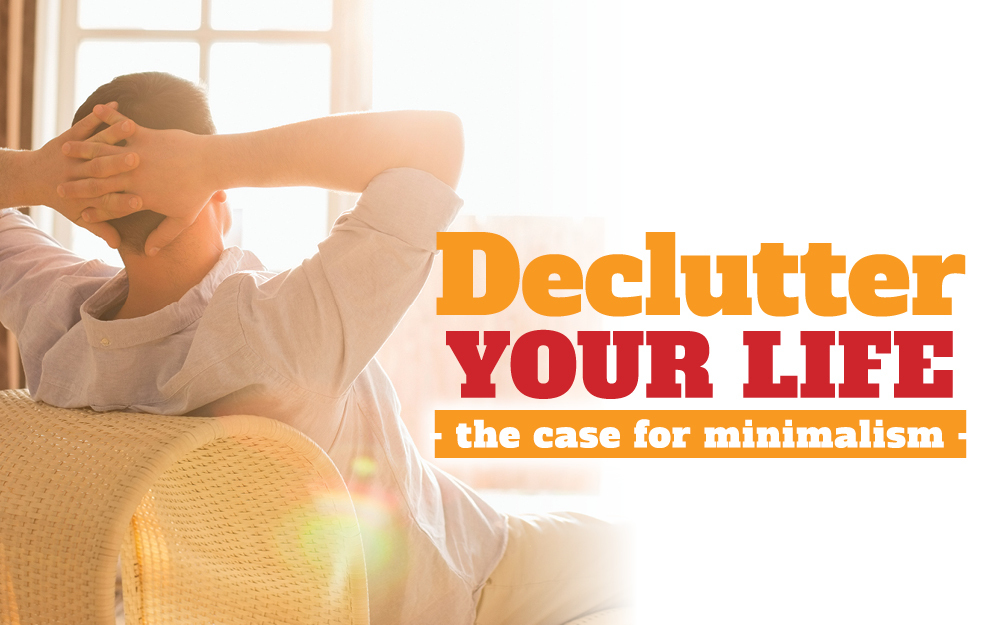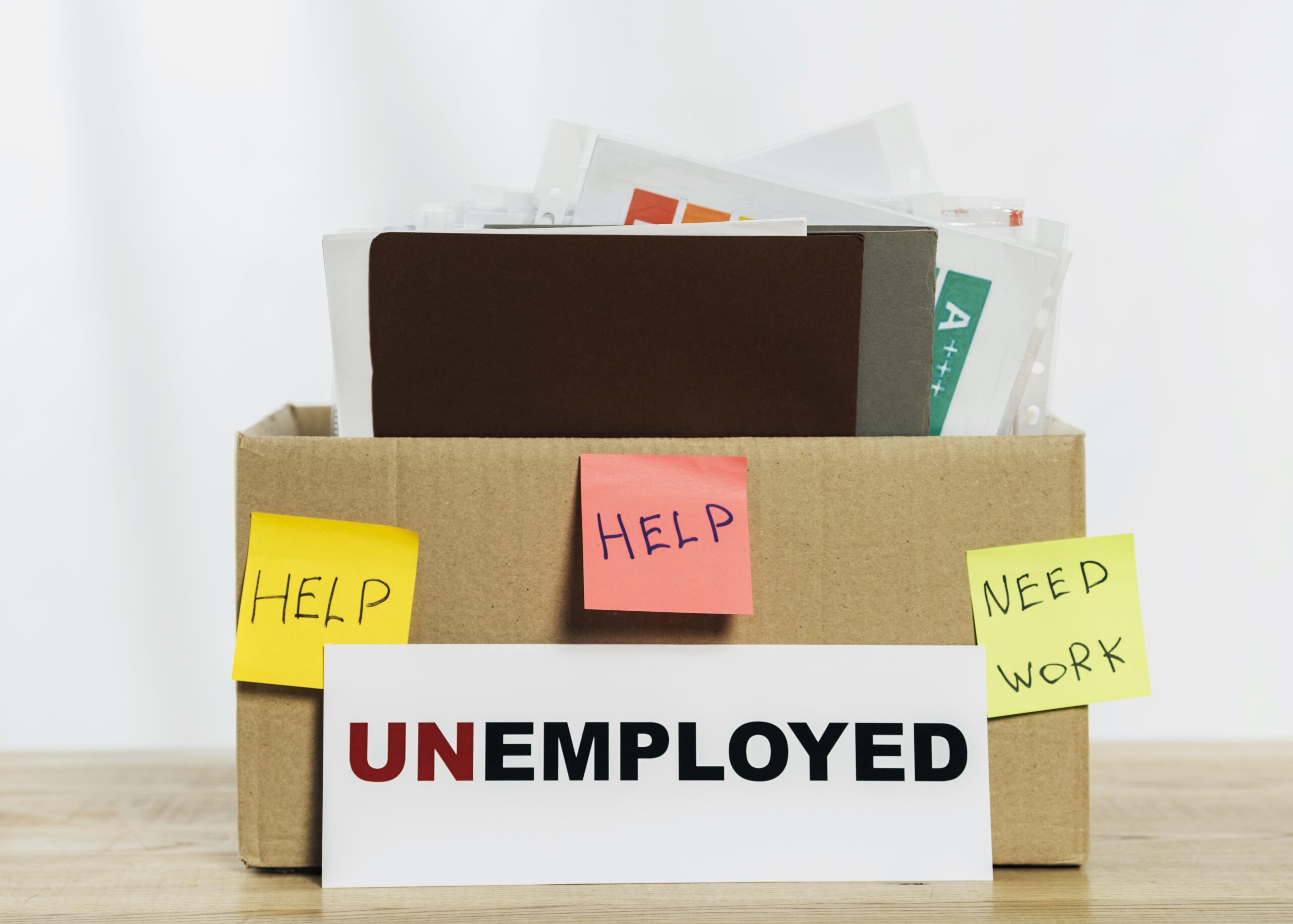
When was the last time you were truly relaxed at home? When you could really unwind and enjoy your surroundings, without a nagging sense that there’s something else you should be doing? Chances are, it was a time – however fleeting – when your home was clean, tidy and free of clutter.
The dictionary definition of ‘clutter’ is “a large number of objects in a state of being untidy”. This suggests that the solution to clutter is keeping your ‘large number of objects’ well organised and hidden from view.
But several tidying experts (yes, that’s a real job title) disagree. They argue that the key to keeping your home uncluttered for good is to minimise the number of objects you keep. It’s not quite classic minimalism – pure functionality devoid of ornamentation. Rather, it’s something a little more emotionally complex.
A global phenomenon
If you haven’t heard of the ‘KonMari Method’, you soon will. Most likely from your trendiest, most style-conscious friend – not a stereotypically houseproud relative straight out of an Ajax ad. This global phenomenon has changed the way millions of people think about their possessions. About the sheer amount of stuff they have. The Method was developed by Marie Kondo, a Japanese ‘organising consultant’. She’s built a thriving consulting business in Tokyo teaching stressed-out Tokyoites how to make the most of their legendarily tiny apartment spaces.
In 2011, she published her bestselling title ‘The Life-Changing Magic of Tidying Up: The Japanese Art of Decluttering and Organising’. In late 2014, when the book was translated to English, her brand of decluttering really went viral.
The core principle of the KonMari Method is that one must only keep items that ‘spark joy’. This means taking time to go through all your belongings, and (somewhat ruthlessly) keep only the things that make you feel a little thrill of happiness. Kondo’s books are full of explanations and interpretations of this principle – including how to apply it to utilitarian objects such as kitchen utensils. She claims that once you learn her method, you will never have a cluttered room again.
Critics say it’s more about finding a method that works for you. Or at the very least, addressing the psychological roots of why you become emotionally attached to inanimate objects. But one thing is undeniable – KonMari has got the world re-focused on the benefits of a decluttered life.
Mental and financial benefits
Speaking of psychology, the good news for those planning on tackling a cluttered home is that there are scientifically proven benefits. Some studies have suggested a strong link between a tidier living areas and ‘better’ life choices, such as selecting healthier snacks or donating more money to charity.i Others have found that psychical clutter causes sensory overload, as all the items compete for your attentionii – thus suggesting that a decluttered space improves your ability to focus, process information, and relax.
Breaking down your emotional attachment to items can also have financial benefits. The most obvious is the future savings. With a renewed aesthetic and attitude to accumulating new things, you may find you spend less on items you don’t use. With less distraction, you may find it easier to focus on important decisions and planning processes. Long term, you may have an easier time with retirement lifestyle changes that make sense for your broader goals, such as downsizing.
Getting a start
Feeling excited but intimidated about tidying up? Don’t be. The best decluttering methods are not only scalable, they’re free to implement. Whether you borrow a KonMari book, ask tidy friends for tips and guidance, or tackle a select corner of your home head-on, the key is to start now. Because you deserve a decluttered home. A space that sparks joy.
Keep or Discard?
If you can’t tick three or more of the following points – it’s time to say goodbye.
- Have you used it in the last 12 months?
- Will you need it in the next three months?
- Does it make you feel happy?
- Does it work/fit/serve its basic purpose?
- Is it worth a lot? Would you pay full price for it today?
- Is it worth repairing/maintaining?
- Do you really need it more than someone else? (Would it be good to donate?)
i http://pss.sagepub.com/content/ early/2013/08/01/0956797613480186.abstract
Latest News Articles
Back to Latest News
Economists Flag A Tough 2026 as Interest Rates to Rise Again

Redundancy Isn’t Just a Job Loss – It’s a Financial Shock


